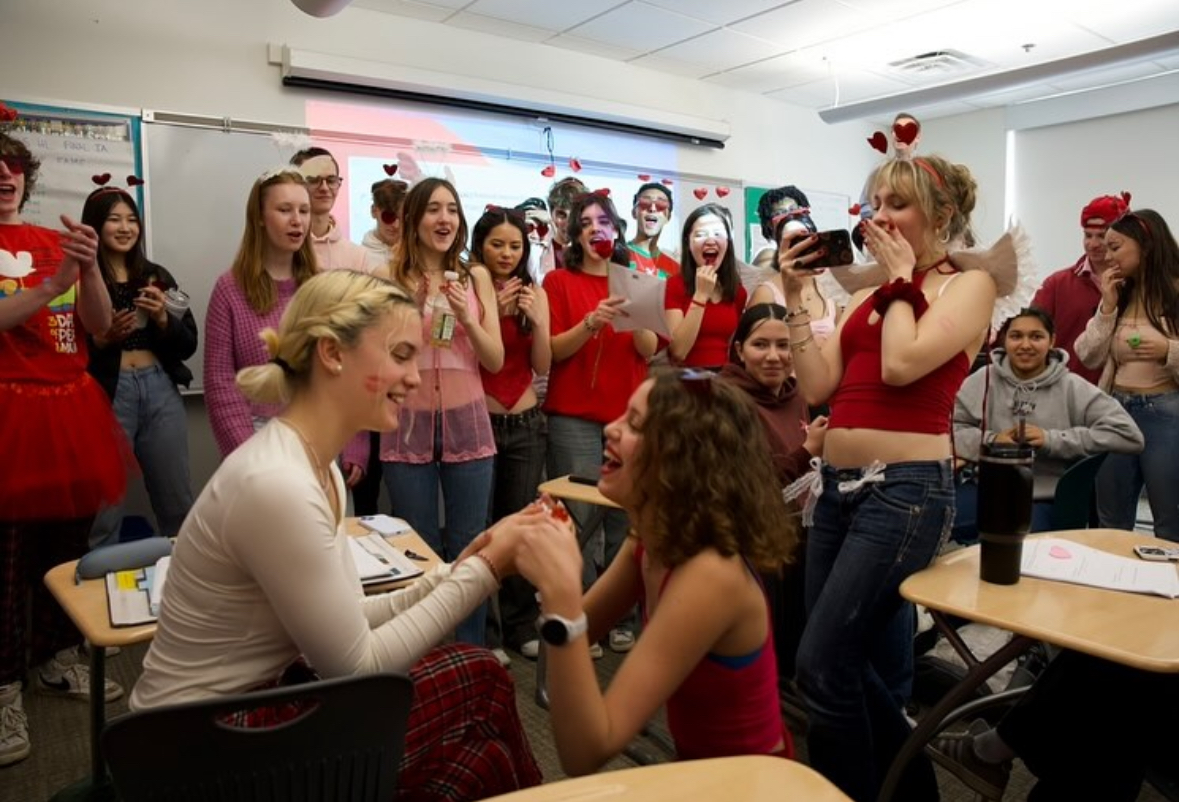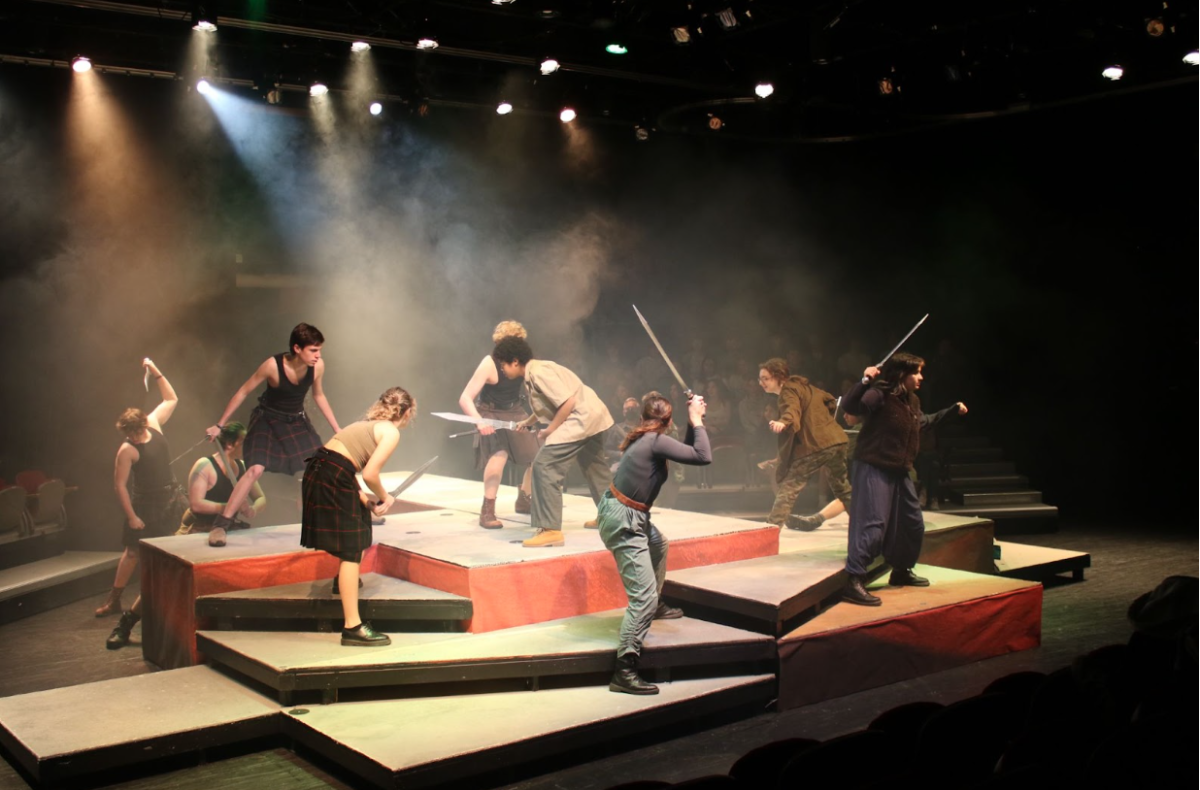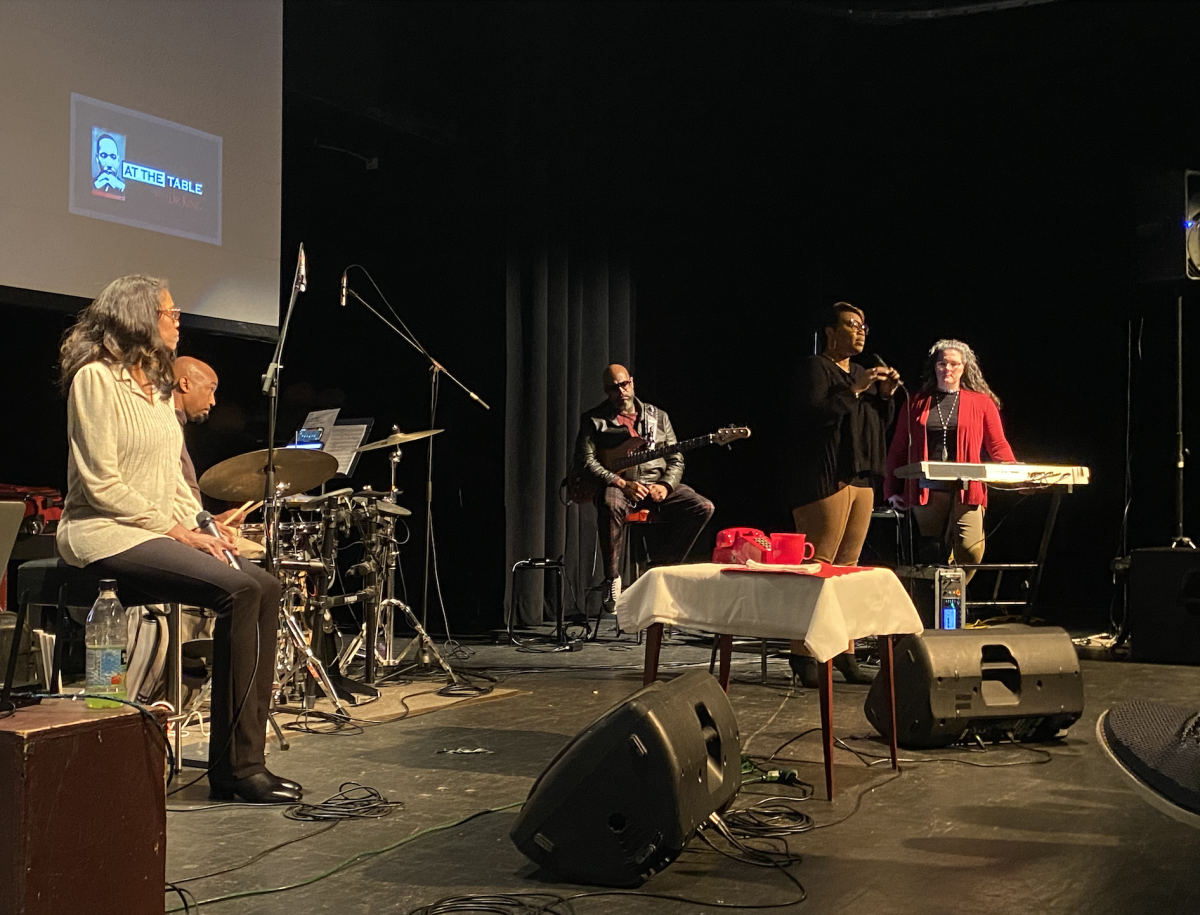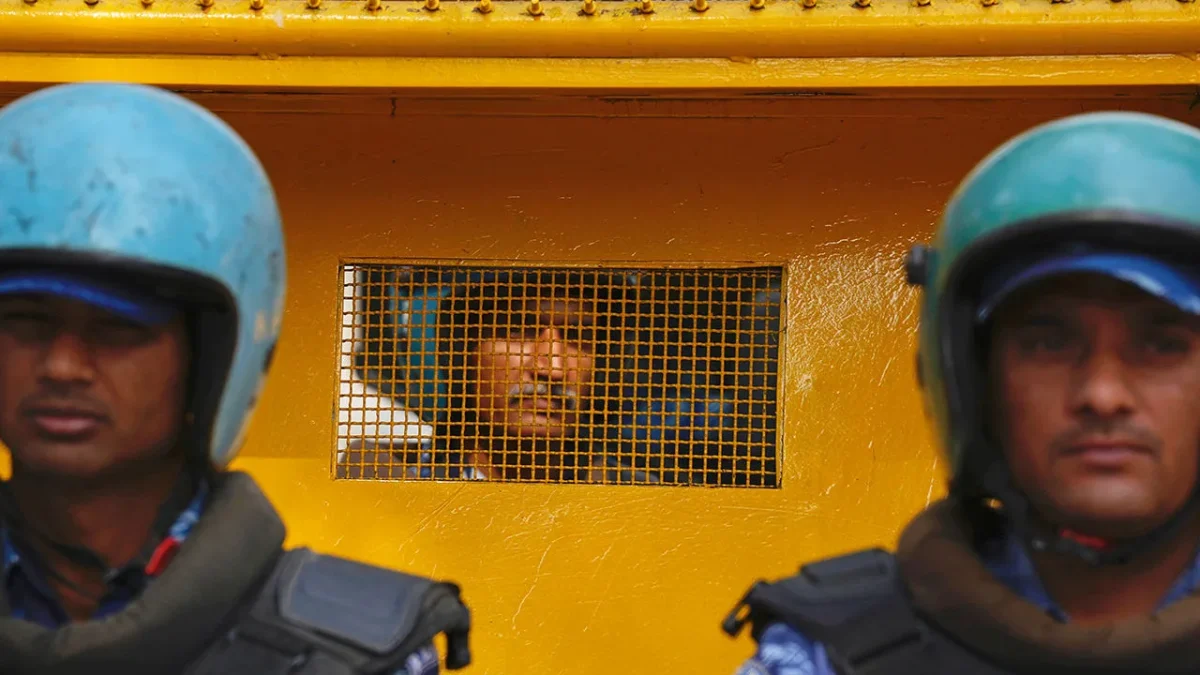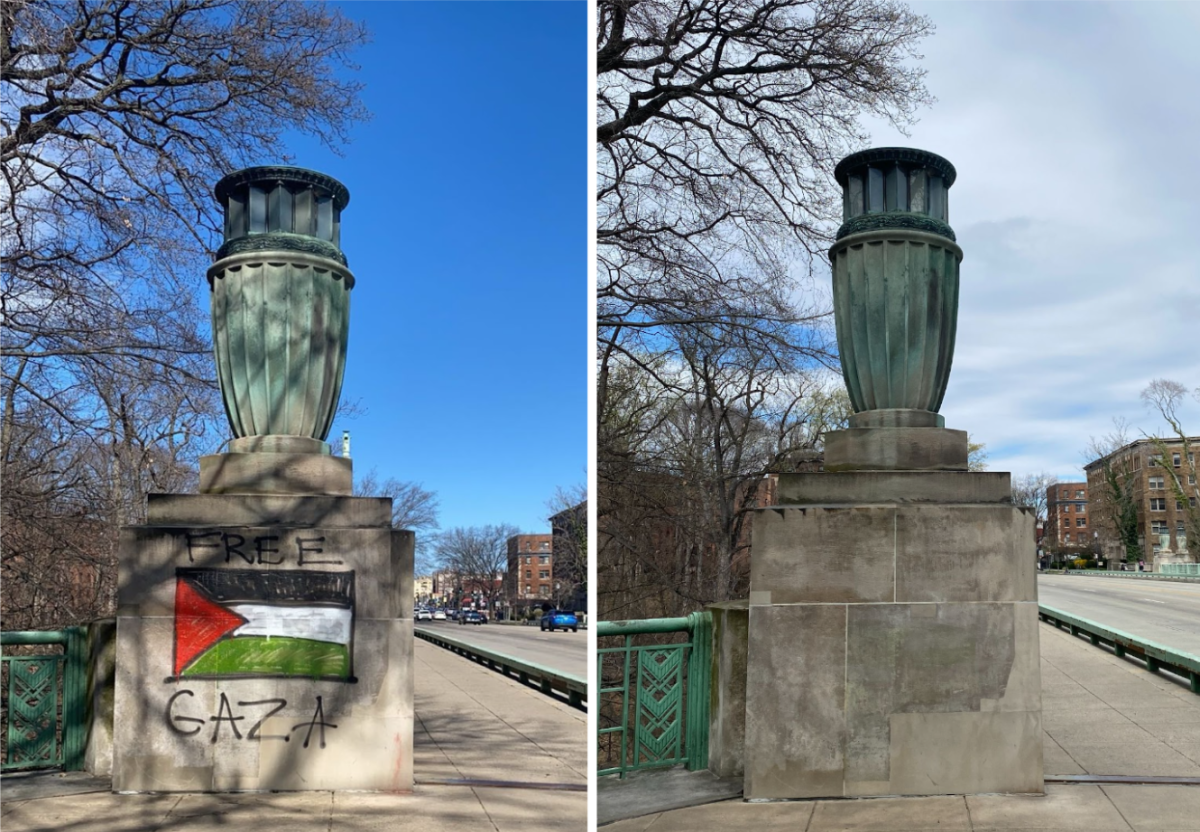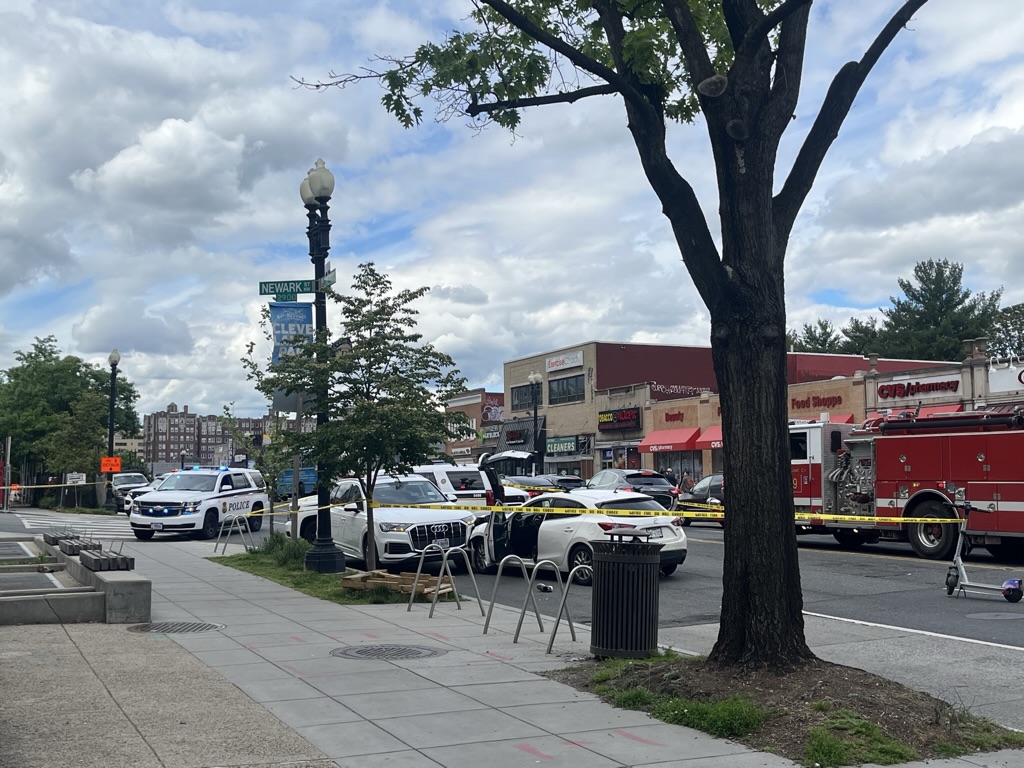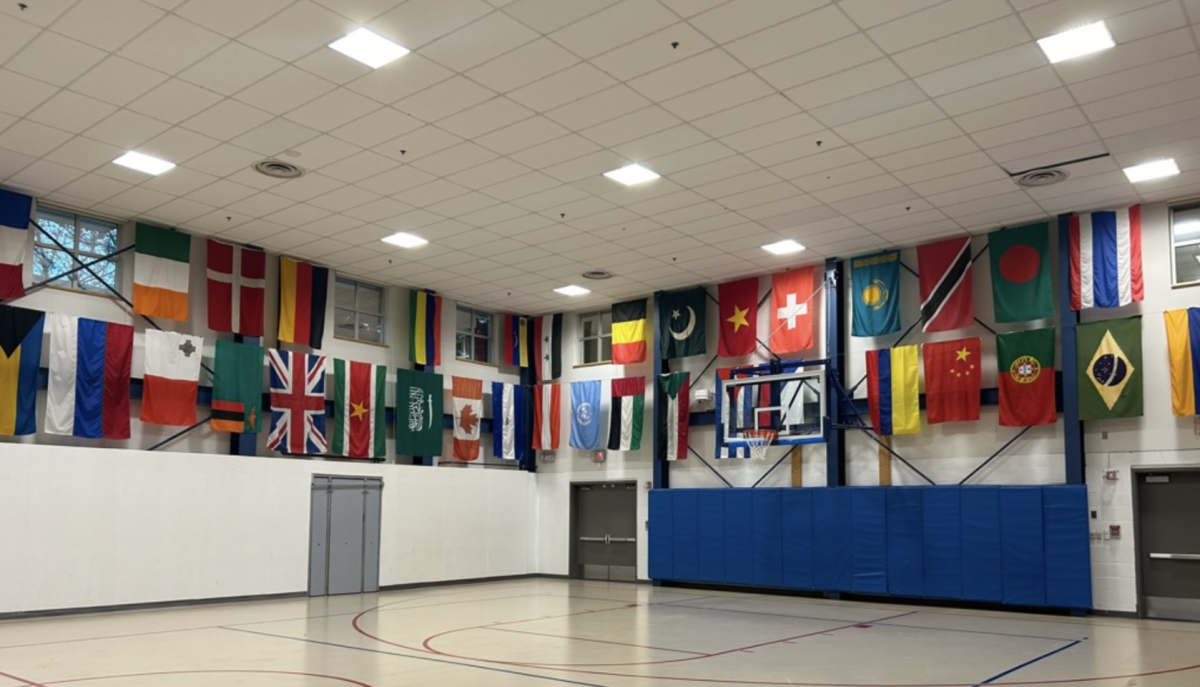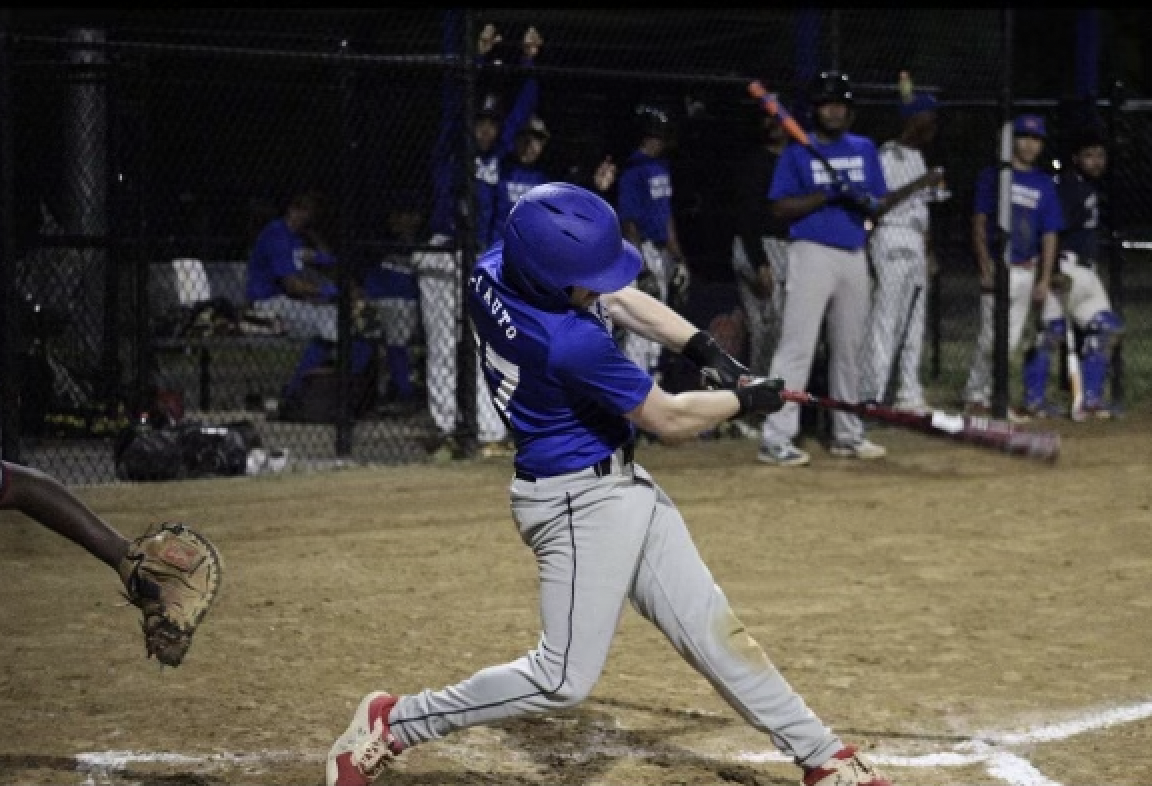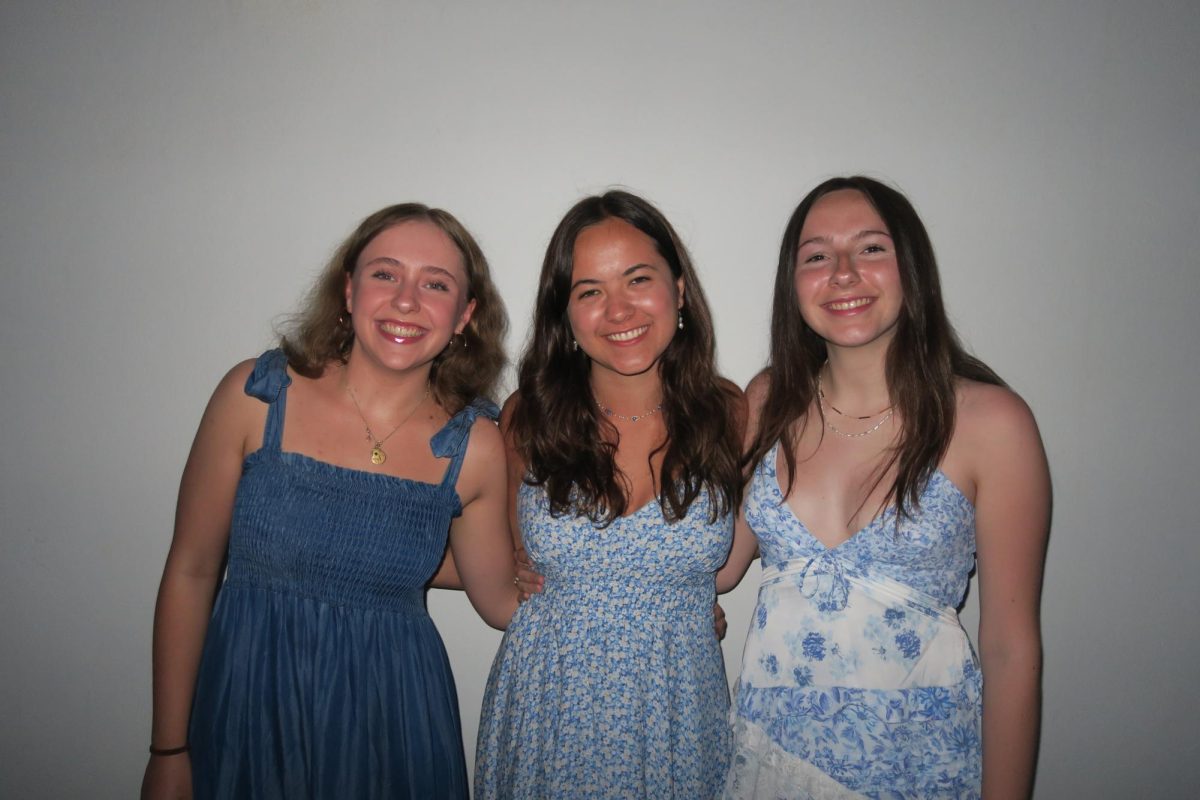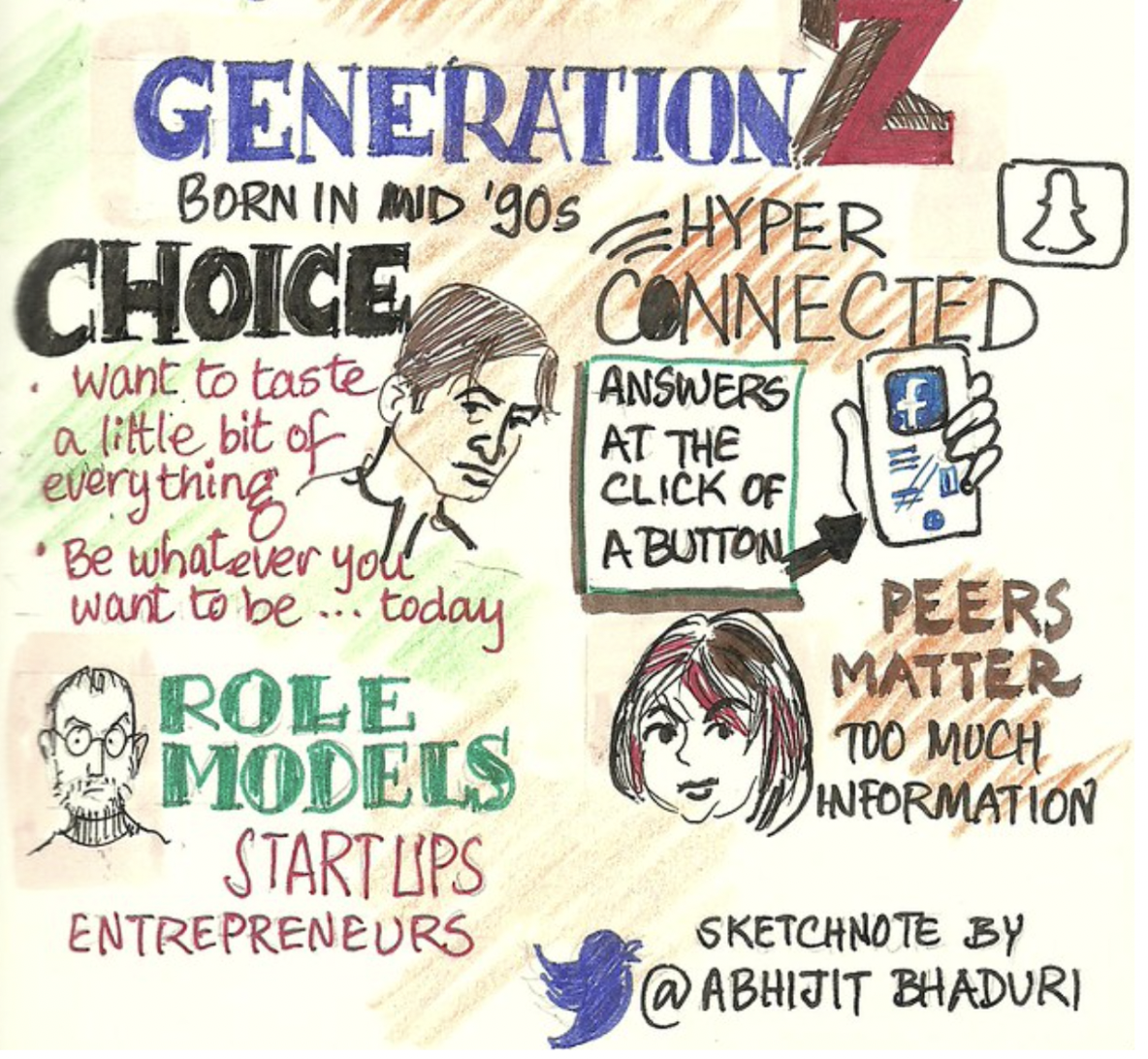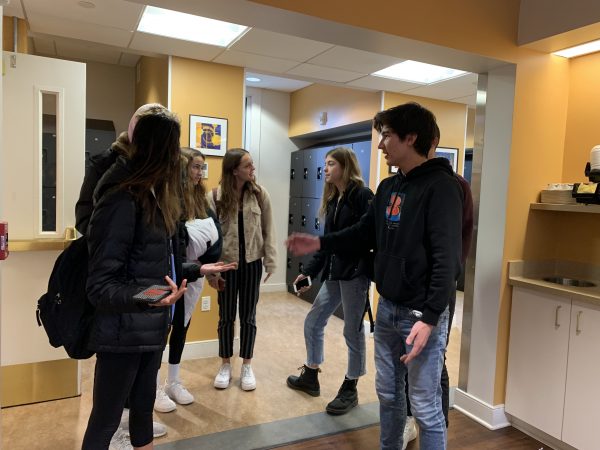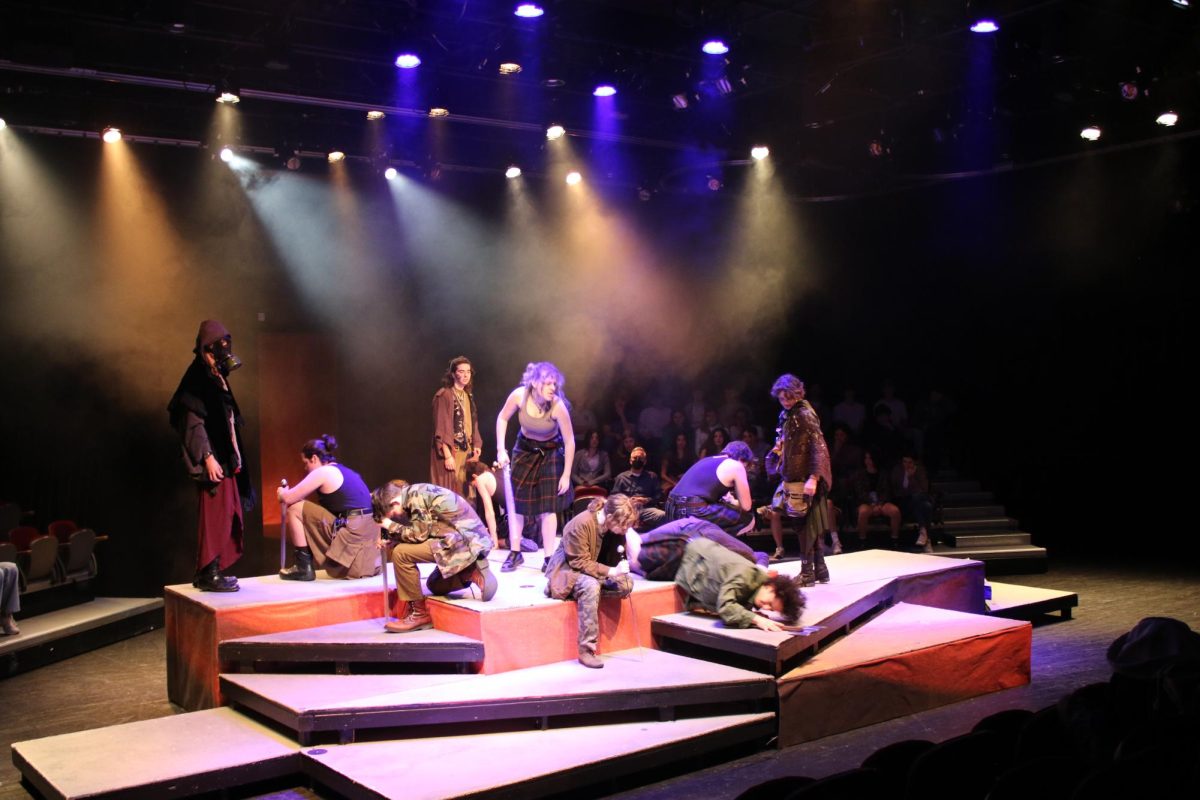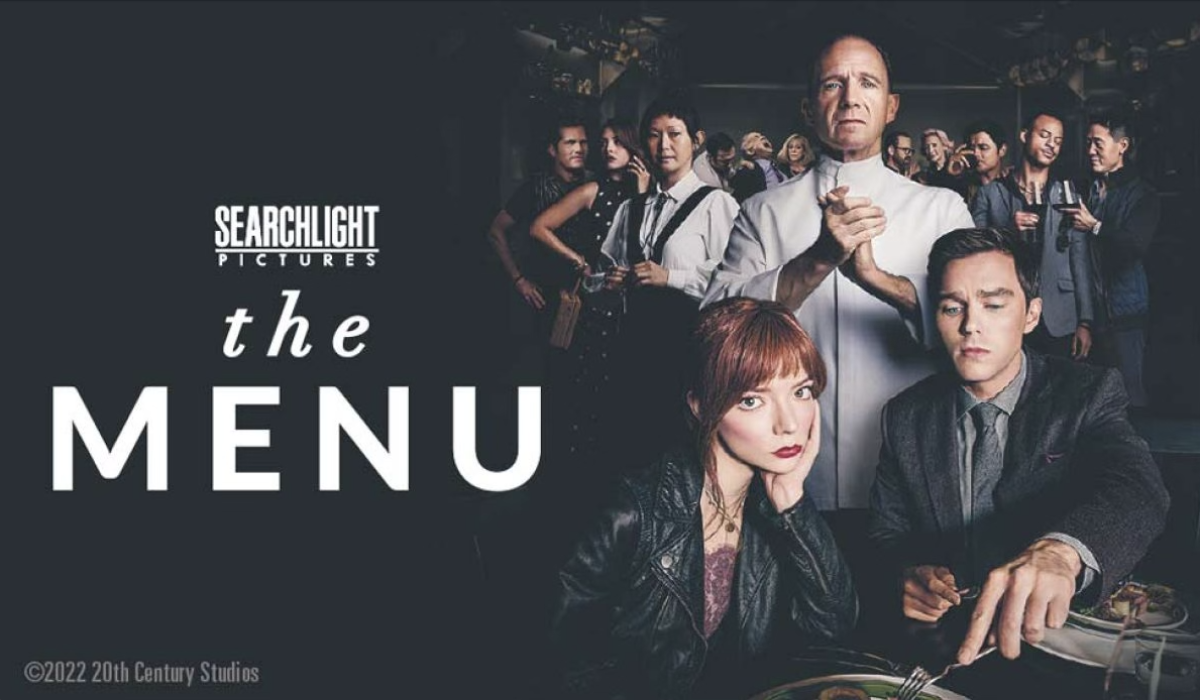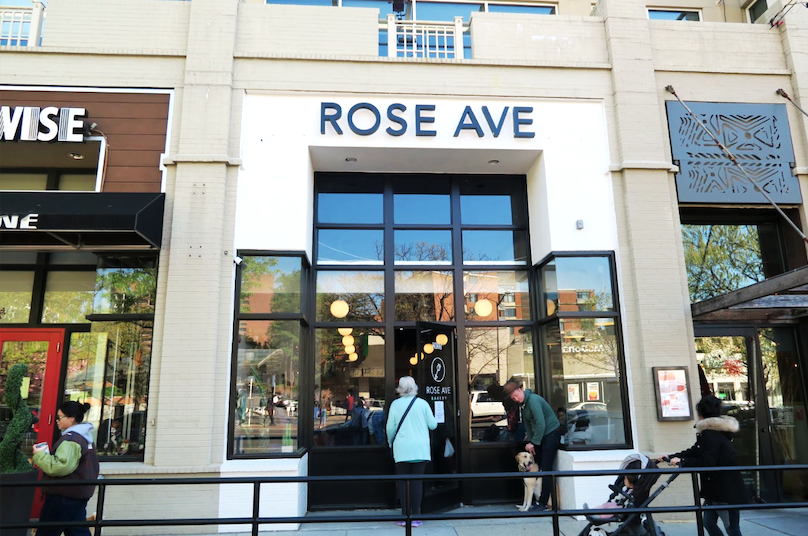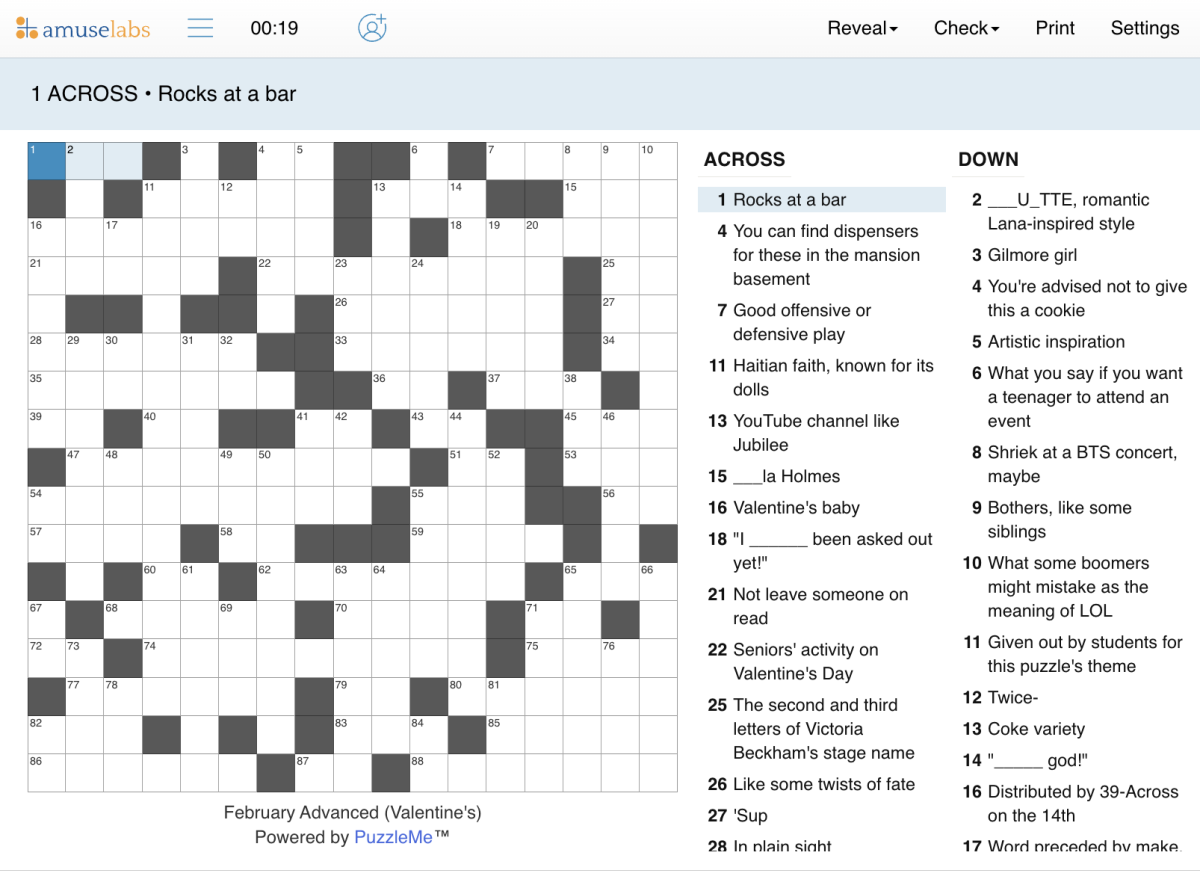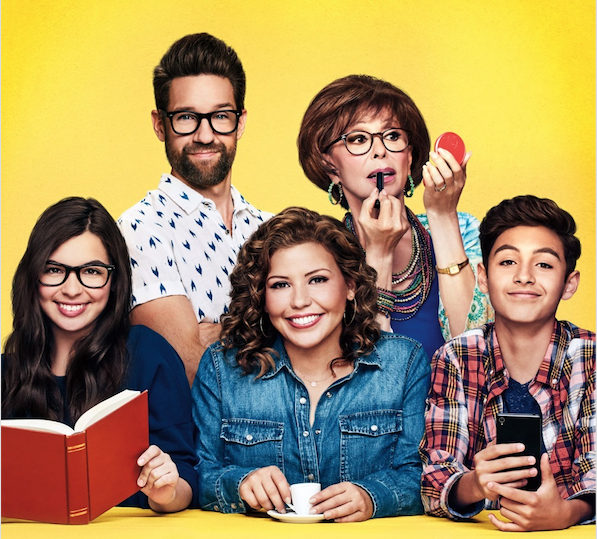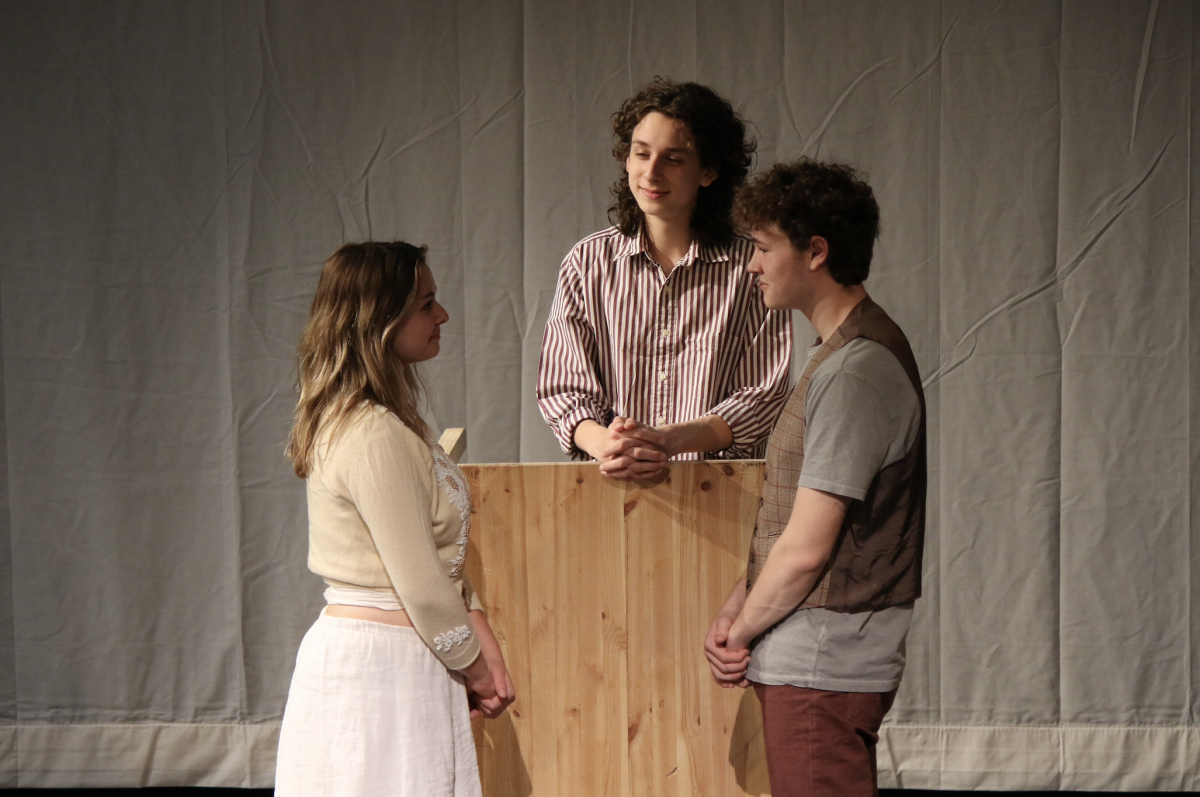One Day at a Time is a show that tackles a lot of social issues, for example, PTSD, veterans, guns, divorce, sexuality, gender, racism, deportation and many others while adding in some humor. The show is on Netflix, and though it might seem like the show is too political, it is handled in a very fun way. You may even learn some Spanish!
I recommend watching the whole show instead of just separate episodes (all episodes are 30 minutes long) because this show can help you understand many different issues that may not affect you, as it has helped me.
The show is about a Cuban family that lives in Los Angeles that includes a veteran single mother, a teenager that is questioning her sexuality, a son that is navigating middle school, a funny landlord that becomes a close friend and confides in them, and a hilarious, immigrant grandmother, my favourite character.
Here is a helpful guide on some episodes that talk about important issues:Season 1, episode 5: deportation
Season 1, episode 7: the difficulty of acquiring resources for veterans
Season 1, episode 10: sexuality
Season 1, episode 11: understanding others’ sexuality
Season 2, episode 1: racism
Season 2, episode 3: pronouns
Season 2, episode 9: depression and medication
*These scenes may contain spoilers*
This show helps me a lot in understanding how hard it can be for veterans, who were once wounded in conflict, to access resources that help them. In season one, episode seven, veteran and main character Penelope Alvarez, tries to call a Veterans association about her shoulder injury that she acquired when she was in the army. It is always important to try to understand the experiences of others to be able to understand their struggles. Even though I do not know any veterans and cannot help them with this issue, I like knowing that I can now understand these struggles and offer my support whenever I can.
I also learned how hard it is to be a person of colour in America. A lot of changes were made to accept racial minorities, but even middle schoolers run into racism every now and then. In episode one of season two, Penelope’s son Alex Alvarez, goes on a field trip, and a kid from another school tells him to go back to Mexico. The entire Alvarez family is in fact Mexican not Cuban. Alex reacts violently and gets into trouble. Penelope ends up teaching him that he will run into other people that are bigoted. As a white person, I will never run into an issue like being judged because of my skin colour, but as a Spanish person, I know what it is like to be told to “lower your voice” or “speak a language that everyone speaks”. The important thing is to be above these people and ignore the ignorant things they say sometimes.
This show is very important because it tackles hard problems by adding humor into almost every scene. The scenes are genuine and provide easy explanations so the audience may understand. The characters always resolve their problems so that they are all happy and every situation is enacted in a way that it mirrors real life. They try to understand each other as much as possible while keeping in touch with both their American and Cuban cultures, something that can be hard for Cuban immigrants in the United States.
By Sofia Sanchez


